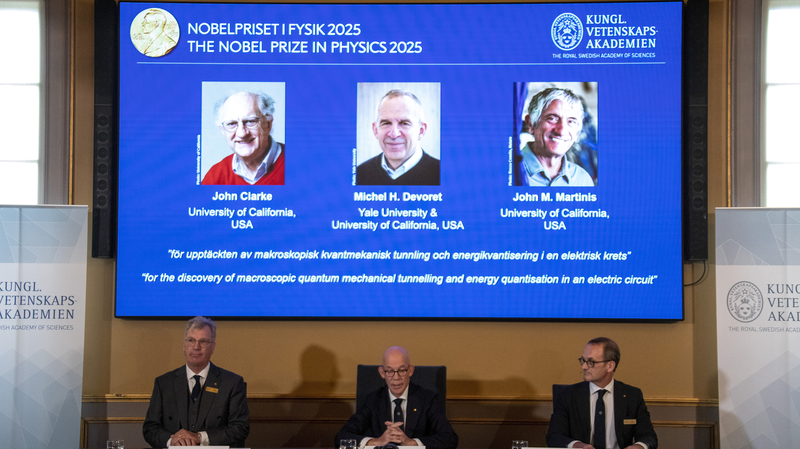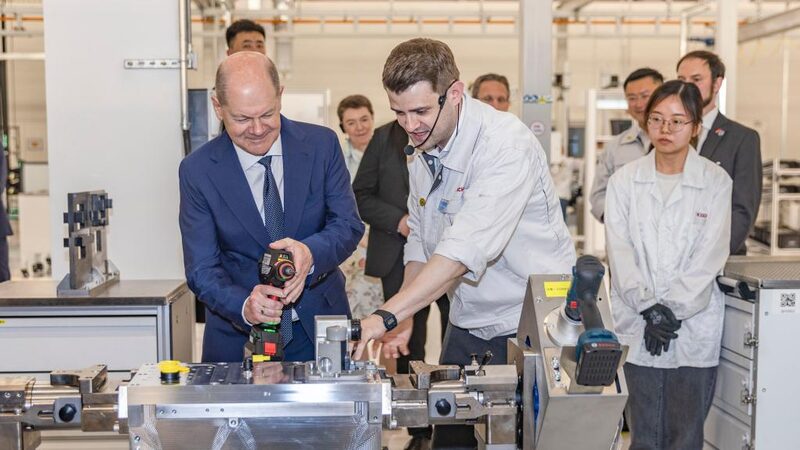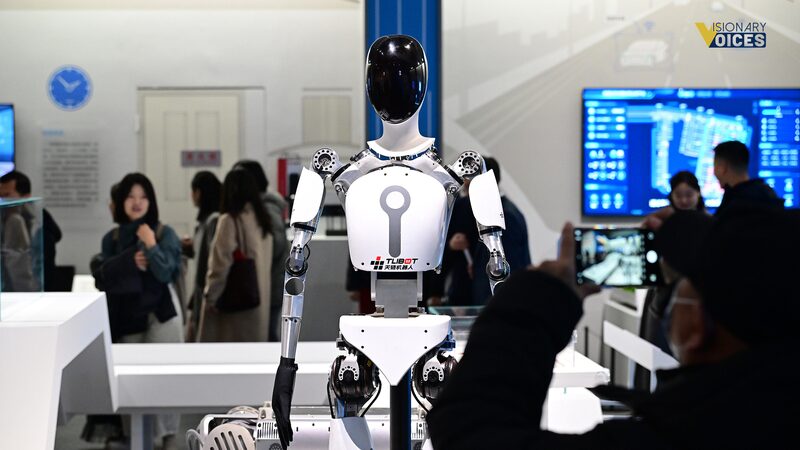As China's annual Two Sessions shape policy priorities for 2025, global analysts are scrutinizing Beijing's strategic roadmap amid accelerating technological rivalry and shifting geopolitical alliances. Helga Zepp-LaRouche, founder of Germany's Schiller Institute, describes the meetings as a "defining juncture" for international governance, with China positioned to influence global economic frameworks and diplomatic stability.
Central to discussions is China's technological dominance, evidenced by its lead in 37 of 44 critical fields such as AI, quantum computing, and fusion energy. Pioneering cities like Shenzhen and Zhuhai exemplify China's blend of innovation and economic resilience, driving growth despite global market instability. Breakthroughs in lunar exploration and clean energy further solidify its role as a tech architect.
The Belt and Road Initiative (BRI) remains pivotal, offering infrastructure partnerships that contrast sharply with Western aid models. Zepp-LaRouche portrays the BRI as a catalyst for equitable development in the Global South, while cautioning against geopolitical interference—as seen in Panama's pressured withdrawal from the initiative.
Addressing Western tariffs on semiconductors and EVs, Zepp-LaRouche dismisses isolationism as unsustainable. She highlights BRICS' expanding influence—now representing 40% of humanity's economic footprint—and China's accelerating tech independence. "Sanctions hasten China's autonomy while destabilizing Western industries," she noted, referencing Germany's declining manufacturing output.
The Two Sessions are expected to prioritize cross-border collaboration, particularly in fusion energy and conflict mediation, positioning China as a stabilizing force. With BRICS cohesion countering unilateral policies, Zepp-LaRouche urges policies that blend "technological sovereignty with planetary equilibrium"—a vision that could redefine 21st-century globalization.
Reference(s):
Why China's 2025 Two Sessions matter for its strategic horizon
cgtn.com








